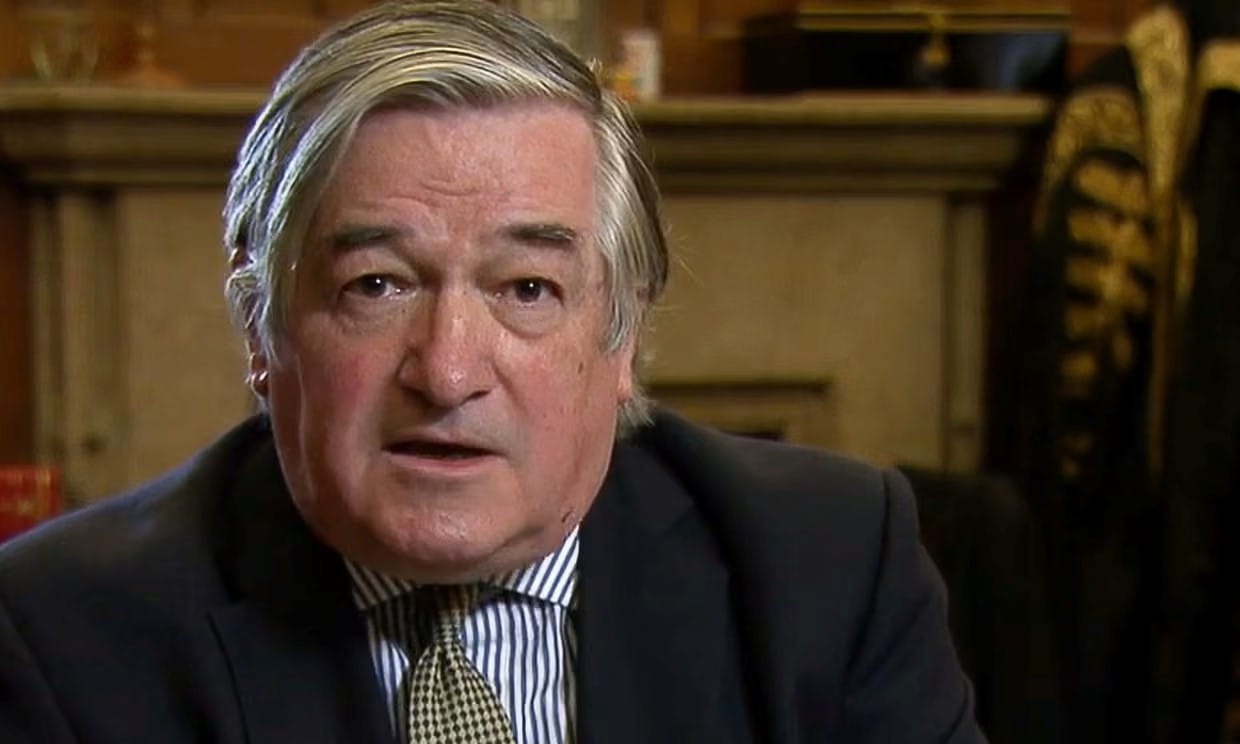Armstrong v Armstrong [2024] EWHC 2989 (Ch)
Andrew Sutcliffe KC (sitting as a judge of the High Court) upheld a proprietary estoppel claim arising from a broken promise that a son would inherit the family farm, finding that assurances had been relied upon to the claimant's detriment over 35 years.
Judgment date: 22 November 2024
https://caselaw.nationalarchives.gov.uk/ewhc/ch/2024/2989
Andrew Sutcliffe KC (sitting as a judge of the High Court). The High Court upheld a proprietary estoppel claim arising from a broken promise that a son would inherit the family farm, finding that assurances had been relied upon to the claimant’s detriment over 35 years and that it would be unconscionable for the estate to resile from them.
Background and procedural history
The claimant, Richard Armstrong, lived and worked for over three decades at North Cowton Grange Farm, owned by his parents, Alan and Margaret Armstrong. From his teenage years, he was repeatedly assured that the farm would be his inheritance; [154]–[155], [195]–[197]. In reliance on those assurances, he forewent a university engineering degree in favour of agricultural studies, devoted his working life to the farm, and raised his family in the farmhouse; [196].
Following Margaret’s death in 2018, Alan signed a letter of instruction to solicitors confirming that North Cowton should pass to Richard and the second family farm, Allerton Grange, to his brother Simon; [49], [65]. However, in 2020, Alan made a new will disinheriting Richard and leaving North Cowton to Simon’s son, George; [111]. After Alan’s death in October 2020, Richard brought proceedings against Simon and George as the administrators and beneficiaries of Alan’s estate, asserting proprietary estoppel and, alternatively, a claim under the Inheritance (Provision for Family and Dependants) Act 1975; [140], [146].
Elements of proprietary estoppel
The court reaffirmed that proprietary estoppel requires (i) a clear assurance, (ii) reliance, (iii) detriment, and (iv) resulting unconscionability; [25]. The assurances must be ‘clear enough,’ the reliance reasonable, and the detriment substantial in the context of the claimant’s life; [27]–[29].
Findings
Assurance
The court found that Alan and Margaret had made clear and repeated promises over more than 35 years that Richard would inherit North Cowton; [212]. The assurances were not casual or conditional but conveyed an intention that the farm would belong to him after Alan’s death. The family operated on a shared understanding that each son would receive one of the two farms; [209].
Reliance and detriment; [216]–[220]
Richard’s reliance was reasonable and substantial. He had shaped his entire life around the expectation of inheriting North Cowton, turning down a potential engineering career, accepting low wages, and working long hours managing the farm; [218]. His detriment included devoting 34 years of labour and relinquishing a £1m inheritance from his mother’s estate via a deed of variation signed in reliance on Alan’s assurances; [220].
Unconscionability
The court held that Alan’s reversal in 2020 was ‘plainly unconscionable’; [221]. After inducing Richard to surrender his inheritance and commit his life to the farm, Alan’s last-minute change of will represented an inequitable repudiation of decades of reliance; [222]. The judge noted that Margaret had consistently upheld the promise, whereas Alan’s conduct alone created the inequity; [223].
The court rejected the defendants’ suggestion that Richard’s occupation of the farm was an act of ‘familial affection’, finding that Richard had worked competently and that any dissatisfaction on Alan’s part was neither communicated nor acted upon; [224]–[225].
Remedy
The court declared that Richard had established an equity under proprietary estoppel; [113]. The appropriate form of relief, whether transfer of the farm or a compensatory award, was adjourned to a further hearing; [234]. The alternative claim under the 1975 Act was upheld in principle but deferred pending determination of the estoppel remedy; [235].
Conclusion
The court found that the assurances given to Richard had created a binding equity which it would be unconscionable to deny. His proprietary estoppel claim succeeded, and the issue of relief was adjourned for further determination; [233].
For a summary of the subsequent remedy judgment, see Armstrong v Armstrong & Anor (Re Remedy) [2025] EWHC 2054 (Ch), available on the FRJ website here.





